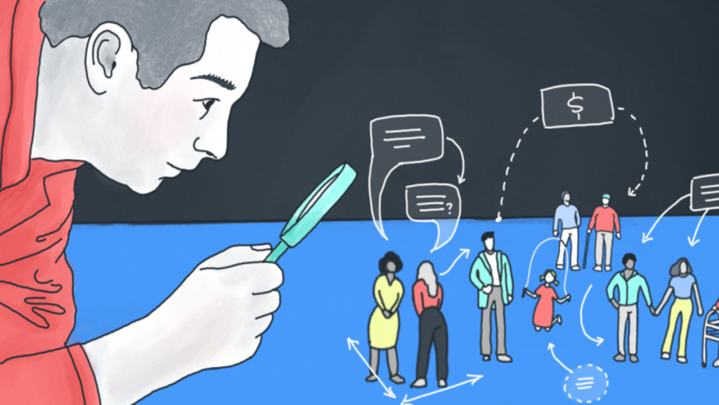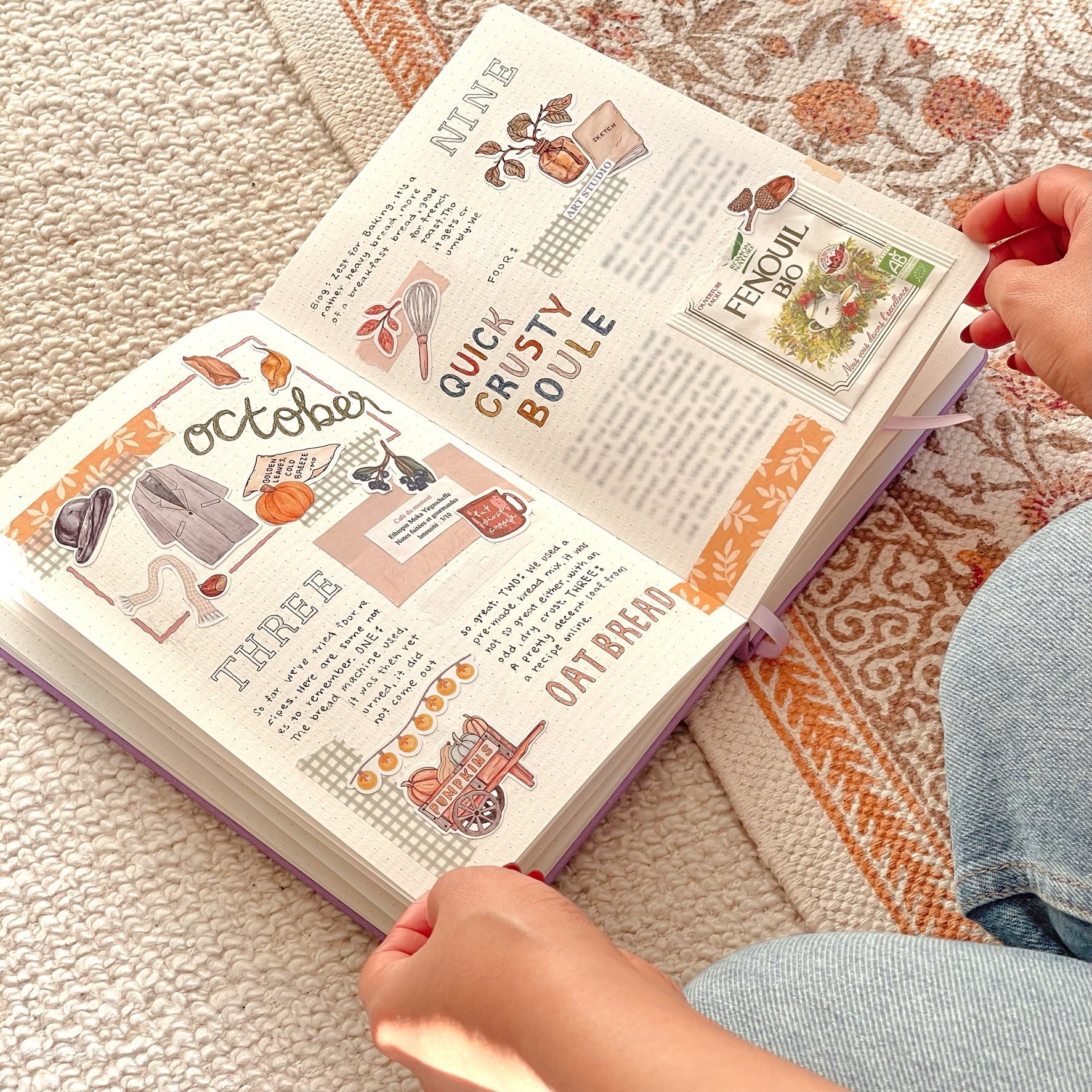Guide to Master Observation Skills: Sharpen Your Perceptive Abilities
Hey there! Ready to take your observation skills to the next level? Today, we'll embark on a journey of discovery and learning. So, grab a cup of your favorite drink, find a cozy spot, and let's dive into the exciting world of observation. We'll keep it casual, engaging, and packed with practical tips to keep you hooked till the very end. Let's get started!
What are Observation Skills?
Observation is the art of paying keen attention to the world around us. It involves using our senses and mind to gather information, notice details, and make sense of the world. Observation means looking outward in a attempt to find patterns, clues and informations.
How to improve this skill?
1. Make it Clear and Interesting:
To become an adept observer, focus on subjects that genuinely interest you. By doing so, distractions will fade away, enabling you to concentrate on your chosen subject with clarity. Whether it's nature, people, or everyday objects, pick something that captivates your curiosity.
2. Question and Delve Deep:
During observation, engage your mind by asking questions. Use words like "why," "what," and "how" to probe deeper into the subject. Seek answers and understand the underlying reasons behind what you observe. For example, while you are observing a person talking to you. You should question: Why is this person behaving in such a way? How he/she might be thinking? Why his/her hand are folded? What are his/her intentions?3. Unbiased Attitude:
Maintain an impartial and rational mindset while observing. Set aside personal biases and emotions to see things as they are, not as you wish them to be. This unbiased approach will lead to more accurate observations. For example, if you are observing a person whom you hate, you might miss the qualities and good things on his/her.
4. Use All Your Senses:
Observation involves more than just seeing. Utilize all your senses, including touch, smell, taste, and hearing, along with your mental faculties. The combined input from all senses will give you a richer and more comprehensive understanding of what you observe.5. Make Time for Observation:
Instead of squandering time on your phone or other distractions, dedicate moments to mindful observation. Whether it's during a walk, a break, or while waiting, use these opportunities to sharpen your perceptive abilities.
6. Meditate for Clarity: Regular meditation can help clear your mind, increase your attention span, and sharpen your focus. A calm and composed mind is more receptive to the details around you. An average mind generates about 70,000 thoughts a day, we are literally thinking every second and remember, "Observation and Thinking never happens simultaneously."
7. Embrace Flexibility and Patience:
Observations may lead to conclusions, but remember that they can be subject to change. Stay flexible in your interpretations and maintain patience. Observation is an ongoing learning process, there is no end to it.8. Start Small and Precise:
Begin your observation journey with simple objects around you like sockets, pens, or trees in your neighborhood. Count and observe them closely, noting every intricate detail. Precision is key. For example, Whenever you enter a room, try counting the sockets in it, notice if the fan is turned on or is left off.9. Document Your Observations:
To retain your observations and use them for future reference, maintain a journal. Write down your findings, thoughts, and insights. This practice will help you organize your observations systematically. Recalling your observation will also enhance your memory.10. Connect the Dots and Form Stories: After collecting a range of observations, try connecting the dots to form a story. Storytelling enhances your understanding and retention of the observed data, but always remain open to alternative interpretations. Use your critical thinking skills for it.
11. Educate Yourself and Play Mind Games:
Read about the subjects you observe. Understanding the world around you requires knowledge. Additionally, engage in mind games like chess or puzzles that challenge and stimulate your observational skills.
If you want to read more articles like this one; which would benefit you in your daily life then make sure to follow my blog. 😉
Byeeeeeeeeeeeeeeee.. 👍🧡








Comments
Post a Comment
Comment your feedbacks about my blog, or any doubt if you have.